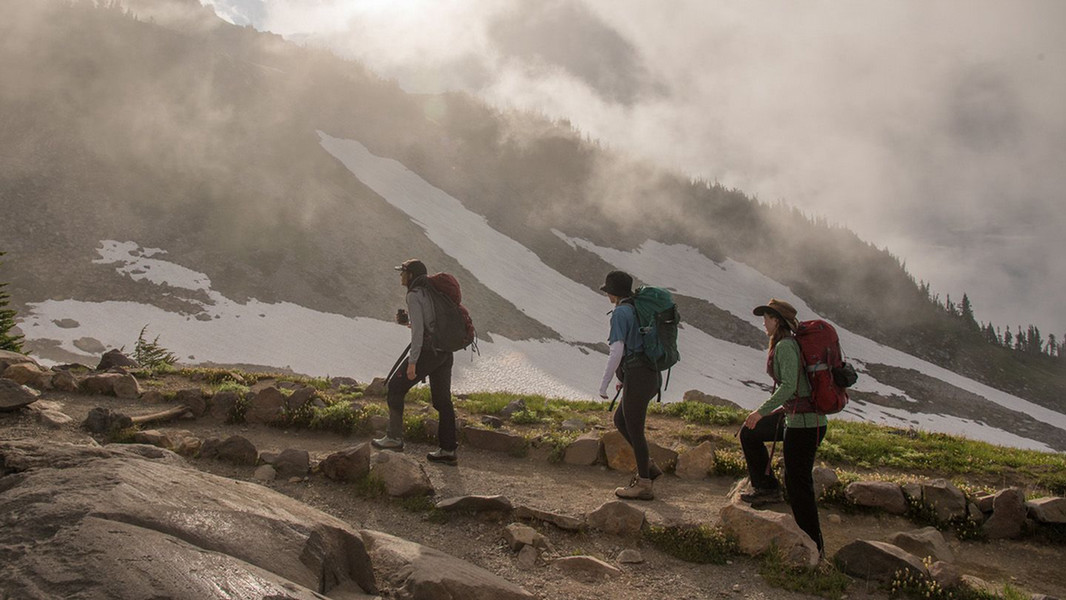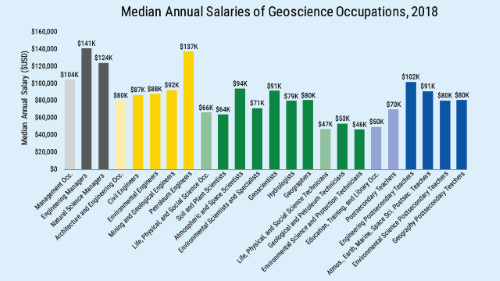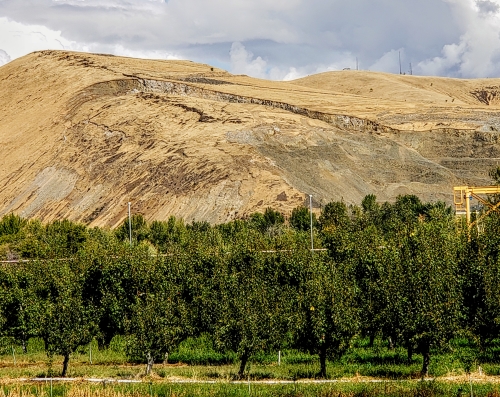
Future Careers
Promising Employment Opportunities
- Many geology majors enter professions related to their degree directly out of college, often through alumni networking in our department.
- Geoscientists are employed in a wide variety of jobs, from traditional mining and petroleum to many new areas such as water quality and supply, land-use management and geologic hazards—basically anything that has to do with the study of the earth!
- Employment of geoscientists is expected to grow 5% in the next 10 years, which is faster than average for all professions. The need for energy, environmental protection, and responsible land and resource management is projected to spur demand for geoscientists in the future.
How much do Geoscientists Earn?
- The U.S. Bureau of Labor Statistics place the median salary for geoscientists at approximately $92,000 with starting pay ranging from $43,500 to $52,000. Many Engineering Geologists can expect salaries well over $100,000 with most professional geologists making at least $70,000 annually.
- The American Geosciences Institute also indicates that the majority of geoscience-related occupations have higher median salaries than other related occupations, reinforcing the benefits of a degree in the geological sciences.

Ready to Change the World?
Geoscientists are versatile and work in a variety of fields that have a positive impact on society and the natural environment .
- Science, policy, public health, engineering, education, law, business—all of these fields overlap with the understanding of the earth that comes with a degree in the geosciences.
- The continued need for energy, materials, and natural-hazard mitigation continue to stimulate geologist employment numbers. Responsible stewardship of land and resources are regularly being deployed in energy fields that focus on renewable resources such as hydrothermal power which require an extensive geologic understanding of fault mechanics and permeability of bedrock types.

- Geologic hazards continue to maintain robust employment numbers. Landslides, earthquake, flooding, volcanic, and aquifer contamination are all modern problems that will only continue to rise as populations increase. This demand for geologists and hydrogeologists continue to be a large provider of job opportunities for earth scientists in both the United States and globally.
Want to Learn More about a Future in the Geosciences?
Contact CWU Geological Sciences advisor Nick Zentner if you are interested in one of the Geological Sciences majors, a minor in Geological Sciences, or would like to learn more about our classes and our department.
Office: Discovery Hall Rm 134
Email: nicolaus.zentner@cwu.edu
CWU News

CWU to highlight student research at next week’s SOURCE conference
May 8, 2024
by Rune Torgersen

CWU Theatre and Film to present ‘Footloose’ the next two weekends
May 8, 2024
by University Relations